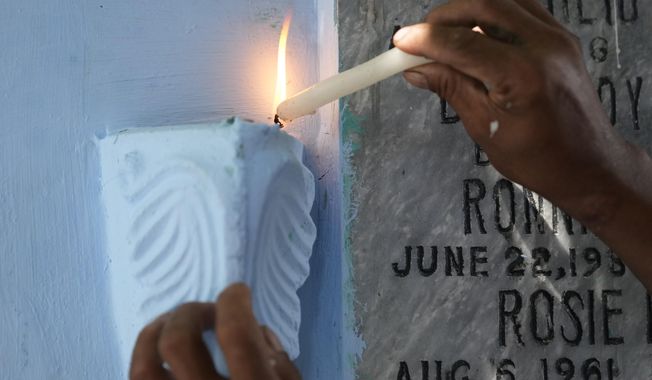
This undated photo provided by the U.S. Food and Drug Administration shows the tip of an endoscopic retrograde cholangiopancreatography (ERCP) duodenoscope, attached to a long tube, not shown. A "superbug" outbreak suspected in the deaths of two Los Angeles hospital patients is raising disturbing questions about the design of a hard-to-clean medical instrument used on more than half a million people in the U.S. every year. At least seven people — two of whom died — have been infected with a potentially lethal, antibiotic-resistant strain of bacteria after undergoing endoscopic procedures at Ronald Reagan UCLA Medical Center between October and January. More than 170 other patients may also have been exposed, university officials said. (AP Photo/U.S. Food and Drug Administration)
Featured Photo Galleries


Trump Transition: Here are the people Trump has picked for key positions so far
President-elect Donald Trump has announced a flurry of picks for his incoming administration. Get full coverage of the Trump transition from The Washingon Times.

Trump dances onstage, takes post-election nation by storm
President-elect Trump dances onstage











